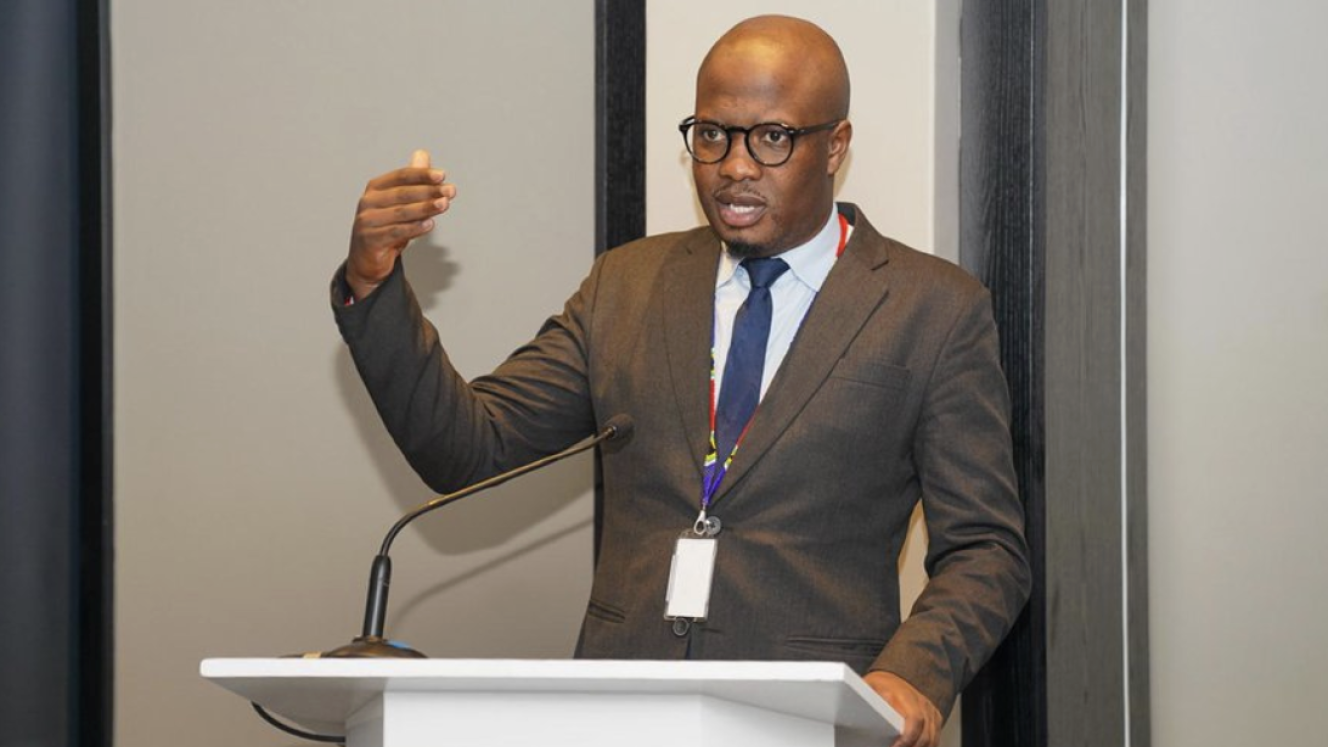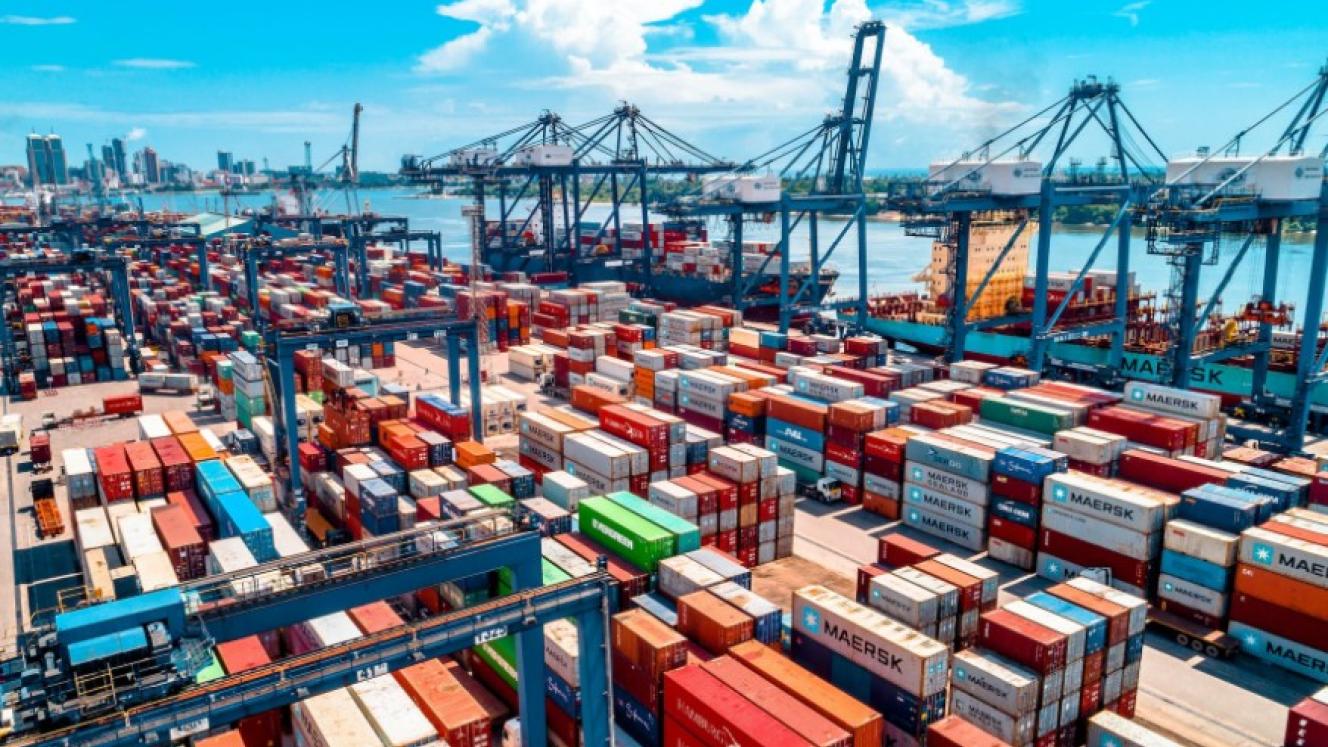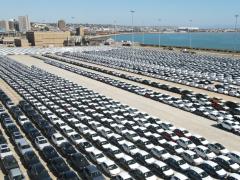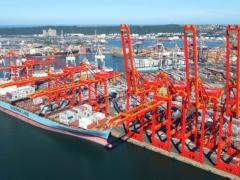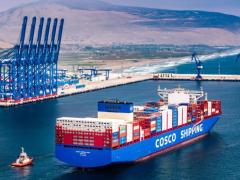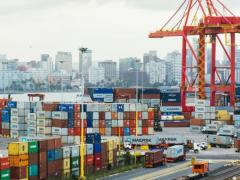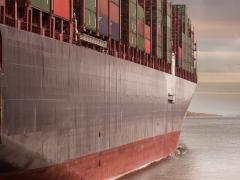The G20 Sustainable Industrial Policy Report provided a strong foundation for collective action towards building diversified economic structures, said Deputy Minister of Trade, Industry and Competition, Zuko Godlimpi.
Godlimpi said the report made it clear that the world needed sustainable industrial policy now more than ever.
“This is because our current systems of production and consumption, which are rooted in fossil fuels, resource depletion, and ecological degradation, are no longer compatible with a healthy planet or a just economy. The crises we face today are fundamentally tied to how economic value is created and distributed.”
He was speaking at the launch of the report, titled G20: Removing International Obstacles to Sustainable Industrial Policy, held at the headquarters of the Department of Trade, Industry and Competition in Pretoria on Thursday.
The launch of the high-level report was co-hosted by the Institute for Economic Justice (IEJ) ahead of the G20 Leaders' Summit at the weekend.
It acknowledges that while there is an urgent need for global cooperation to address climate change, economic underdevelopment, inequality, poverty and geopolitical instability, the current multilateral system is embattled with barriers that obstruct rather than enable transformative national policies.
Godlimpi said the report provided an invaluable framework for aligning industrial strategies with climate, development, and equity goals.
He added that sustainable industrial policy offered a different path.
“It enables purposeful transformation, building diversified economic structures that respect planetary boundaries, while also expanding opportunity, strengthening resilience, and improving social outcomes. It is a framework for ensuring that the industries we build today support human and ecological flourishing tomorrow.”
Godlimpi said if there was an expectation for all countries to transition to sustainable, green, and inclusive industrial systems, then all must recognise that they could not do so under unequal rules or limited resources.
“The transition to sustainable industry must be just. Among other things, workers must be supported with new skills. Communities must see tangible benefits, and developing countries must have access to the tools, technology and finance required to build new industrial ecosystems,” he pointed out.
"As South Africa, we are proud to champion this agenda within the G20. Our presidency has prioritised inclusive growth and industrialisation because we know what is at stake, not only for our own economy, but for the future of all developing nations.”
Access the report here -SAnews.gov.za
